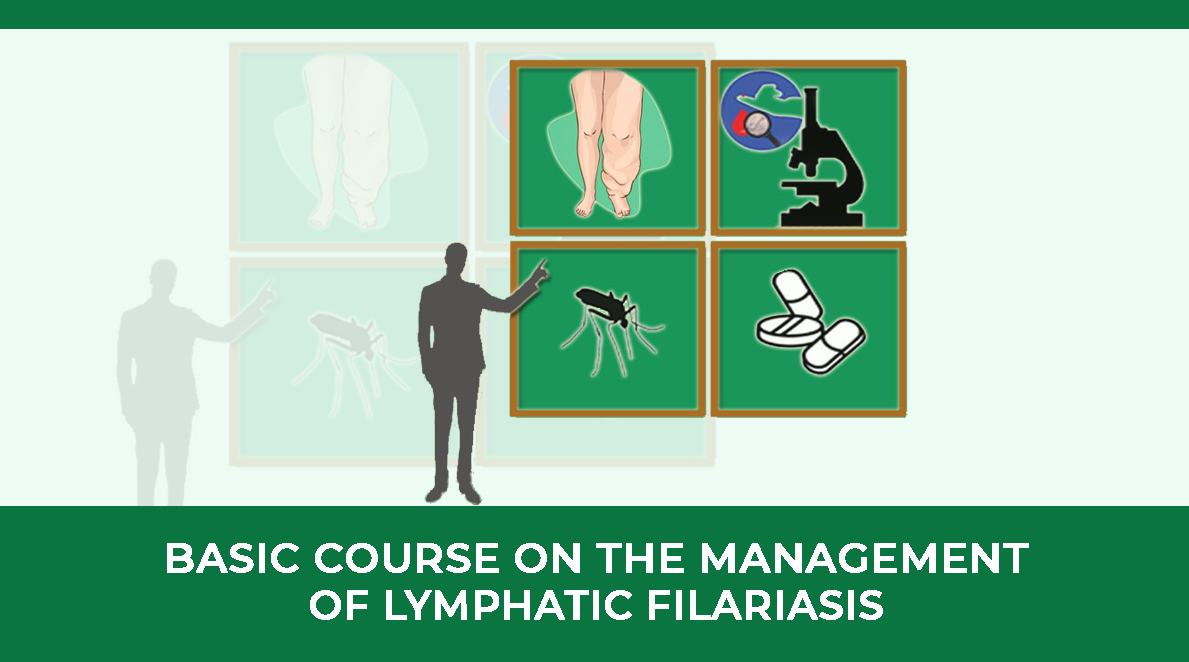Lymphatic filariasis (LF) commonly known as elephantiasis is a parasitic infection transmitted by mosquitoes. It affects the poorest of the poor and is usually contracted during childhood and can lead to a lifetime of disability and disfigurement. Amidst commendable mass treatment implementation in some of the endemic provinces, the home-based disability management program for the patients with lymphedema of the legs and/or arms were nil if not lacking. Studies have shown that personal hygiene is the key to prevent the entry of fungal and bacterial infections that causes further swelling of the affected limbs of an LF patient.
Pursuant to World Health Assembly (WHA) Resolution 50.29, a call for global action for the elimination of LF was recognized. This aims for elimination rather than eradication. With the absence of a process for verification for areas that achieved the elimination of LF, a critical external process on evaluation of evidence for elimination and official recognition of success was recommended. The process for such recognition was called “verification of the absence of transmission”. Related documents with regard to the said process will be included in the Dossier preparation which is a systematic presentation of evidence on the absence of LF transmission in the country. Necessary data are needed and properly filled out forms will be a part of the dossier.
The two strategies will be an integrated activity so that healthcare workers are capacitated in the undertaking of activities due to significance of Morbidity Management and Disability Prevention (MMDP) as one of the two pillars of the National Filariasis Elimination Program. On the other hand, dossier preparation is very critical and should be discussed especially for those areas leaning towards the international certification.

Is the course available offline?: No
Is the course accredited by PRC?: No